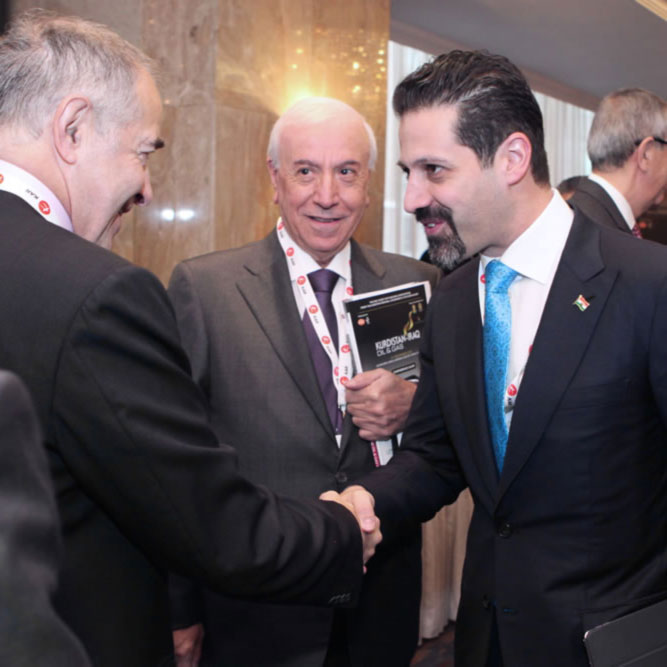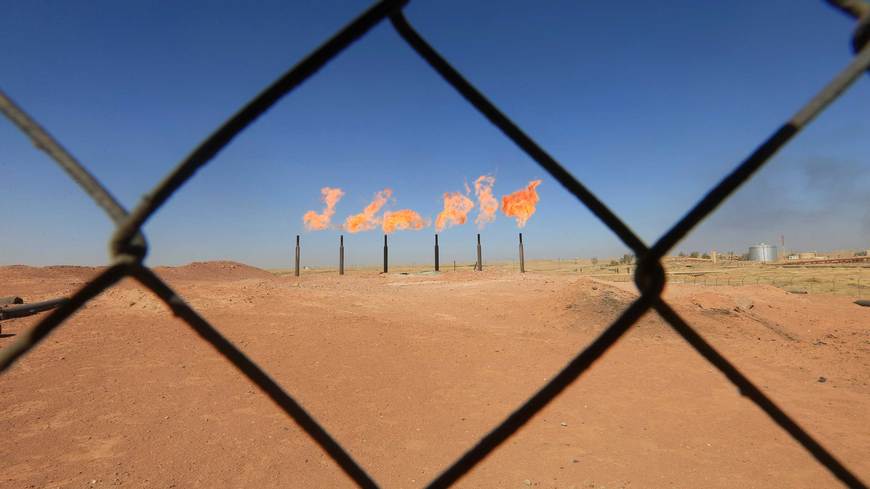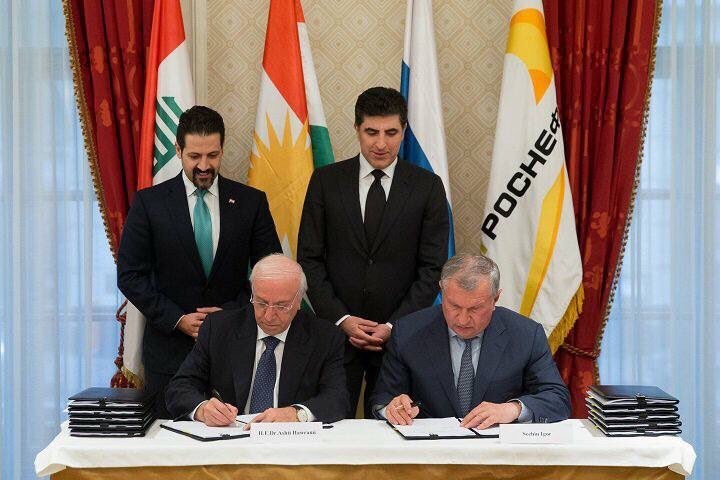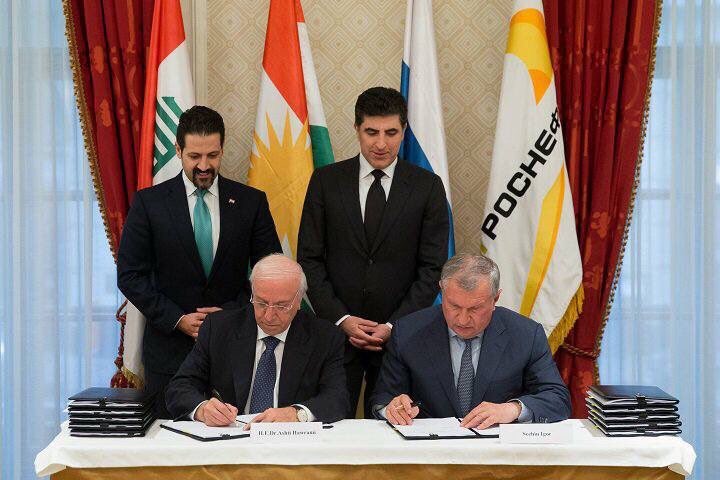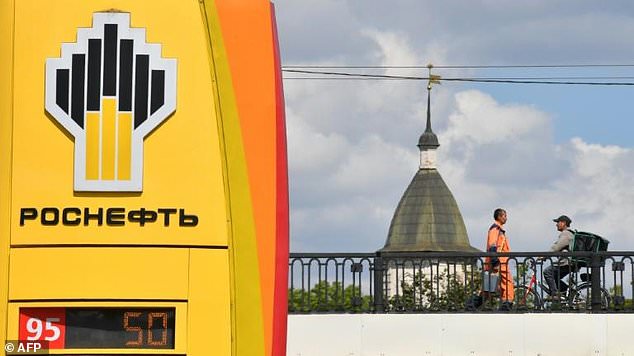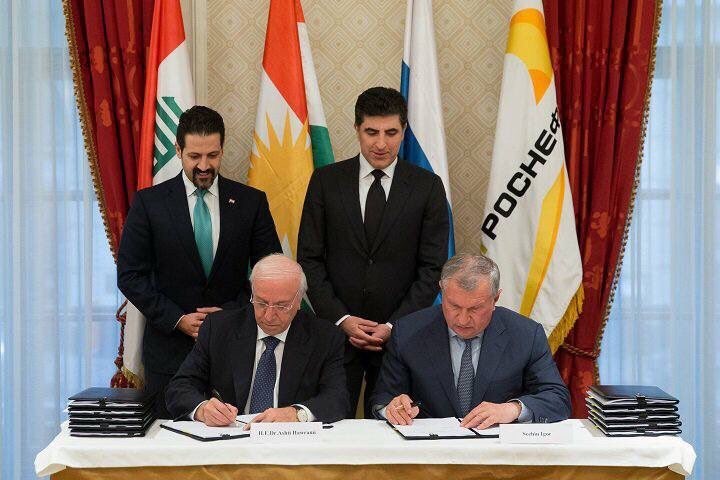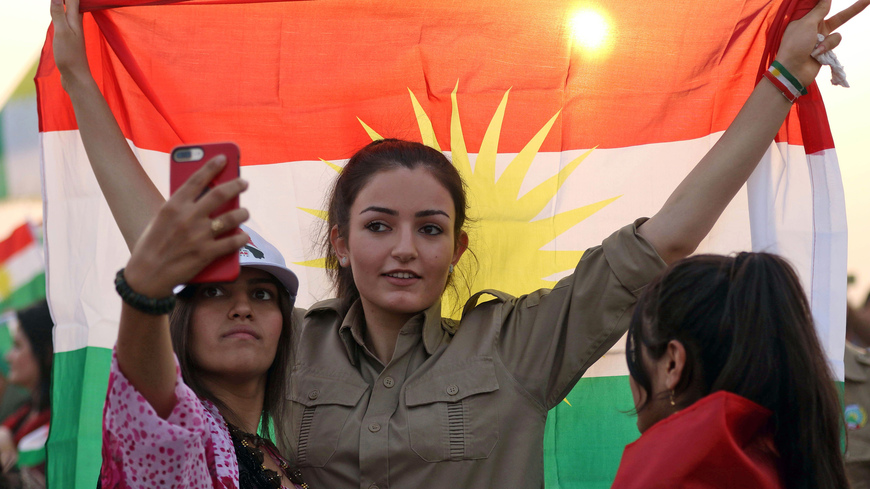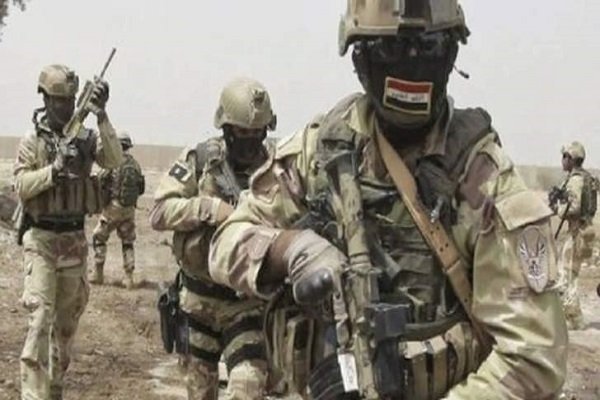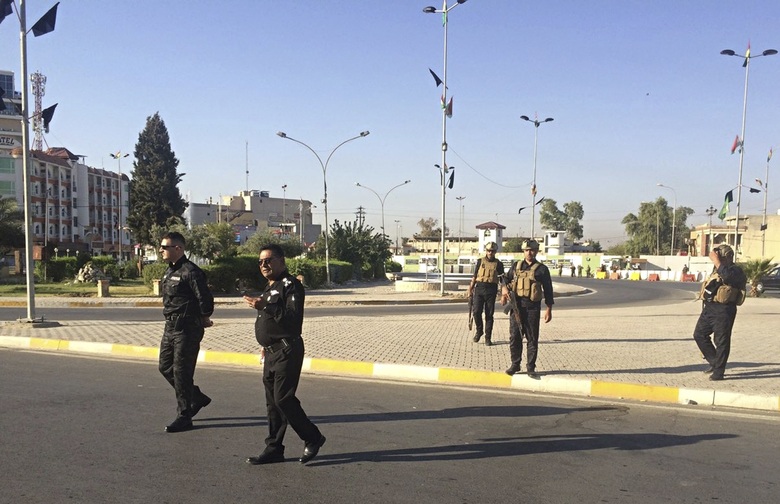Federal forces in control of large areas of Kirkuk city; further Kurdish withdrawals in Nineveh/Diyala
Over the course of October 16, Iraqi federal forces advanced into many parts of Kirkuk city and adjacent military and energy facilities. The Counter-Terrorism Service (CTS), supported by the Iraqi Army and Federal Police took control of the K1 military base, the governor’s palace, the Kirkuk Provincial Council headquarters, the North Oil Company and North Gas Company headquarters, the Kirkuk Regional Air Base, and key areas of Kirkuk city and road junctions.
While Popular Mobilization Units (PMU) took part in operations in rural areas, they were not deployed into the Kirkuk city area. Local Kurdish forces aligned with the Patriotic Union of Kurdistan (PUK) offered minimal resistance as federal forces moved into the area, many media reports have focused on an agreement in place between the PUK leadership and Baghdad for an orderly transfer of the facilities listed.
As a result, Baghdad is now in control of the portions of PUK-controlled Kirkuk that it held prior to the 2014 military collapse. Government forces were also reported to have moved into the oil fields of Dibis district that have been held by forces loyal to the Kurdistan Democratic Party (KDP) since 2014. These fields produce 275,000 barrels of oil per day, or nearly half the 620,000-barrel output of the Kurdistan Regional Government (KRG).
Some media reports claimed that thousands of Kurdish civilians have fled Kirkuk city and its surrounding area. Other reports claimed that crowds of ethnic Turkmen who opposed Kurdish control of the city celebrated on the streets of Kirkuk. The US has not opposed Baghdad’s return to Kirkuk in part because the move was framed in terms of restoring the status quo before the Islamic State (IS) crisis. This theme has been echoed by the majority of the international community.
Separate unconfirmed reporting has indicated that Sinjar, 100km west of Mosul in Nineveh province, is now under the control of ISF/PMU forces following the withdrawal of Peshmerga forces from the town. Reporting on October 16 had indicated a build-up of government forces to the south and east of Sinjar.
Reporting last night indicated that talks were underway for a peaceful handover. Yazidi elements of the region’s majority Shia PMU forces had apparently stated their unwillingness to confront Peshmerga owing to the close ties between the groups. Reports from Diyala province have also claimed that Kurdish forces have withdrawn from positions in the Mandali district northeast of Baquba as Iraqi federal forces entered Khanaqin district to the south of Mandali.
(Source: GardaWorld)

